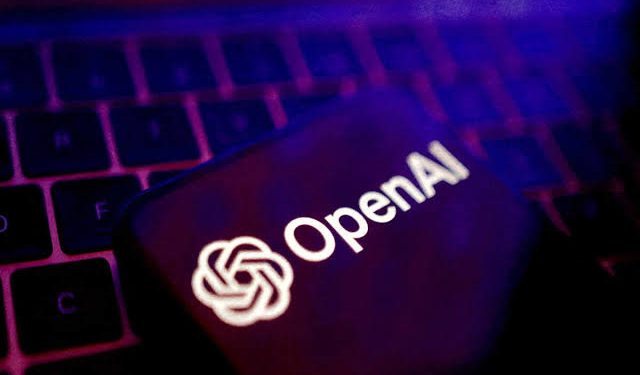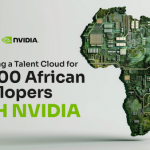OpenAI, the company behind ChatGPT, has entered a strategic partnership with semiconductor giant Broadcom to develop custom processors designed specifically for artificial intelligence workloads. This move marks another step in OpenAI’s broader push to build its own AI infrastructure rather than relying solely on existing chip suppliers.
Under CEO Sam Altman’s leadership, OpenAI has recently struck major agreements with Nvidia, AMD, Samsung and SK Hynix to secure data centre capacity and AI chip supply. The collaboration with Broadcom goes further by focusing on tailor-made hardware optimised for OpenAI’s AI models, with the goal of delivering faster and more efficient performance.
Altman described the partnership as essential to scaling AI globally, stating that building specialised infrastructure is necessary to unlock the full benefits of AI for individuals and businesses. Broadcom, which will co-develop and manufacture the chips, called the project a pivotal moment in the evolution of AI technology.
Despite the rapid growth of AI services with OpenAI now reporting over 800 million weekly users since ChatGPT’s 2022 debut, the sector has yet to prove financial sustainability. The heavy investment in data centres and power-intensive hardware is raising concerns about escalating energy demands and the long-term cost of maintaining AI infrastructure.
Financial details of the Broadcom deal were not disclosed, adding to wider speculation over the economic risks tied to the AI investment surge. Some analysts warn of a potential bubble as companies pour billions into infrastructure without clear profitability timelines.
By designing its own chips, OpenAI aims to reduce dependency on standard market processors and build systems finely tuned to its large-scale AI models. These custom processors will be deployed across partner-operated data centres to meet rising global demand for AI applications.
The partnership signals OpenAI’s intention to secure control over its technological backbone, as competition intensifies in the race to dominate the next phase of artificial intelligence.










